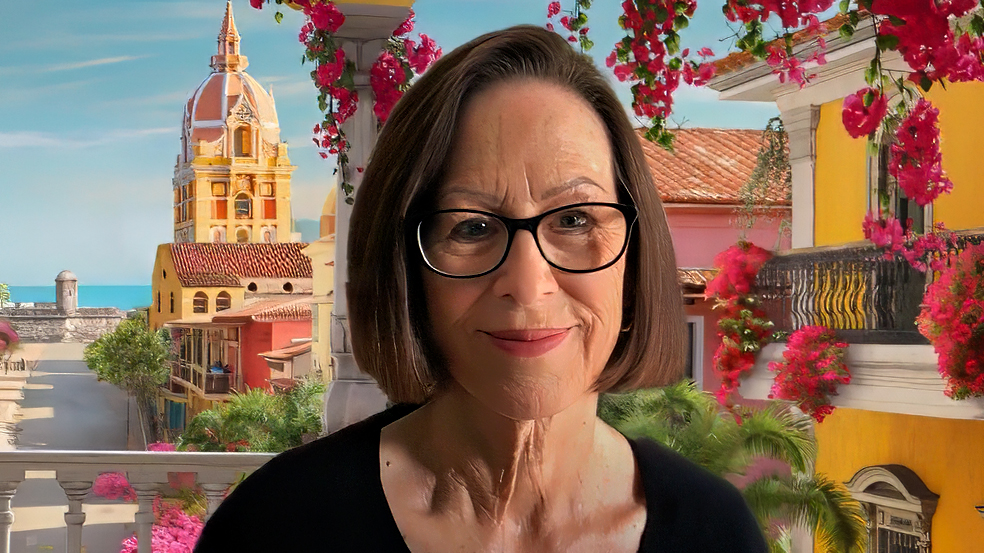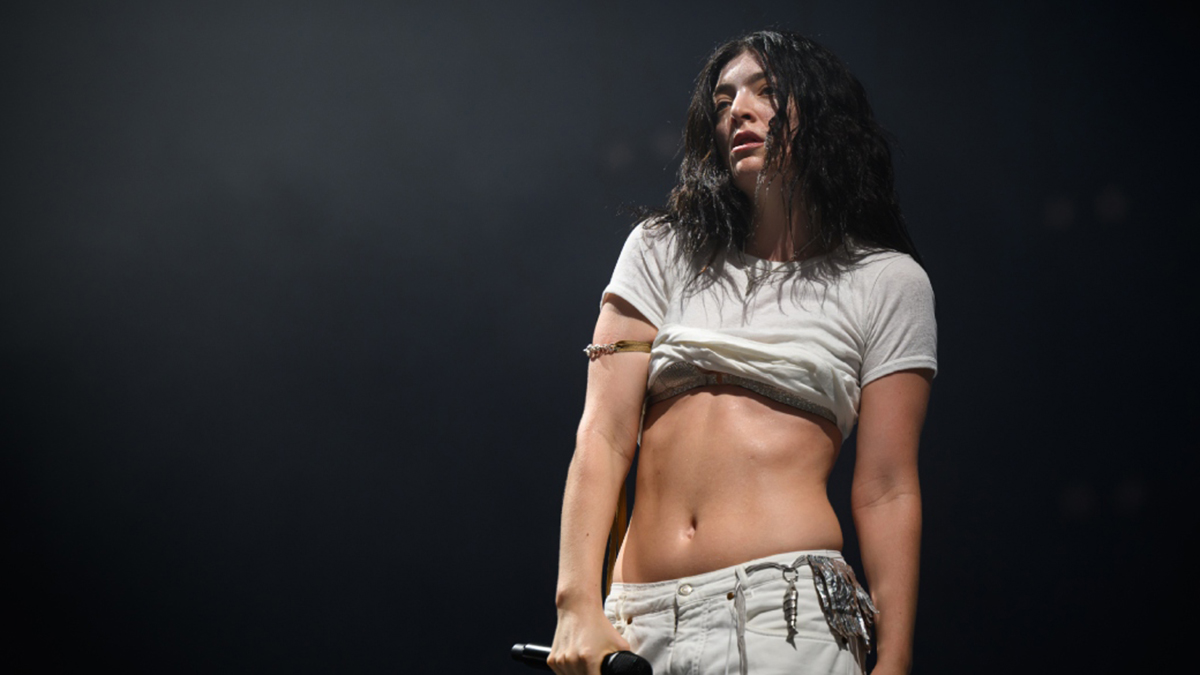The fans streamed out of Lorde’s pop-up promotion for her new Virgin album.
“It was a religious experience,” claimed two young women, quite overcome by the event.
Is religion becoming obsolete?
However, according to the 2023 New Zealand census, the “no religion” group now numbers 51.6% of the population, up from 48.2% in 2018.
Although Christianity remains the largest religious group, adherents are steadily dropping, now down to 32.3%.
This reflects the 2011 research that predicted religion would virtually die out in some secular democracies, including New Zealand.
Dr Richard Weiner, the research lead, made the interesting, if challenging, observation that there is a popularity aspect to the survival of a language or religion. Or put another way, there needs to be some kind of “status or utility” to being a part of it.
Māori spirituality rises in public life
Justin Duckworth, one of New Zealand’s Anglican archbishops, seemed to suggest that Christianity was no longer the cultural norm when he observed that it was no longer the prevailing trend, in other words, it’s out of fashion, and that “there has been a greater recognition of te ao Māori,” which he saw as a good thing.
On the other hand, Māori ritual has gained popularity, especially when combined with the new Matariki (Pleiades) public holiday.
But there is also an expectation that Māori rituals are part of everyday life through incorporation in government departments, parliament, city councils, schools, and public events. Māori spirituality is increasingly functioning as a kind of civic religion.
Fashionable faith and public ritual
Although exploration or adherence to the deeper aspects of Māori religion may be superficial, there is now value in being seen to belong to the fashionable group, perhaps bearing out Weiner’s observation.
For some, their religious experience comes through participating in public rituals, whether they hold meaning for them or not.
But what about the people like you and me, often older, who have drifted away from their religious or cultural tradition because it no longer fits?
What was once liberating has become a straitjacket, stunting growth. You might even have been told that you’re a backslider or not a proper Christian.
Creating your own spiritual path
Then you are faced with either walking away completely or the more interesting, but awesome, responsibility of creating a religion of your own.
As author Thomas Moore puts it, “you move away from being a follower to being a creator.” No longer swept away by passions or over-influenced by culture, but engaged in “your unique opus, your own soul work.”
Carl Jung referred to it as the individuation process, which involves living fully in this world and making “peace with the deeper, spiritual questions of humankind.”
Lorde’s journey echoes ours
Which brings us back to Lorde.
“You have to submit to not knowing … you have to open all these weird doors, meet all these random people … and have to get it wrong a bunch of times before you see where you’re going.”
Perhaps that’s what Lorde is hinting at, too. In her own search, artistic, spiritual, chaotic, she echoes the journey of many today who are no longer content to follow inherited paths.

- Sande Ramage loves exploring, one word at a time, what she and others mean by God, spirituality, and religion. She’s a healthcare chaplain, restorative justice facilitator, pastoral supervisor, and wordsmith. Inspiration arrives through pondering dreams in Jungian analysis, walking, movies on the big screen, live orchestral music, sopranos, and devouring books.

